How Influencers Are Shaping Supplement Sales in the U.S. The U.S. dietary supplement market, a behemoth valued at over $50 billion, is undergoing a paradigm shift. The traditional pillars of authority—white-coated doctors, clinical studies in obscure journals, and pharmacy aisle recommendations—are being rapidly supplanted by a new, potent force: the social media influencer. This is not merely a change in advertising channel; it is a fundamental restructuring of trust, consumer education, and purchasing pathways. As both a researcher delving into the data and a marketer navigating this landscape, I posit that influencer marketing has become the single most significant catalyst in the modern supplement industry, wielding immense power to build and destroy brands with unparalleled velocity.
Deconstructing the Shift: From Clinical Authority to Relatable Authenticity
For decades, supplement marketing relied on an “authority-based” model. Efficacy was communicated through scientific jargon, third-party certifications (USP, NSF), and endorsements from medical professionals. The consumer’s decision-making process was linear: identify a need, research solutions (often via a healthcare provider or static websites like WebMD), and purchase.
The influencer-driven model operates on a “community-based” framework of trust. A 2023 study by the Influencer Marketing Hub revealed that 61% of consumers trust influencer recommendations, compared to just 38% who trust branded content. This trust is not built on credentials but on perceived authenticity, relatability, and shared identity. A fitness influencer’s “50-day wellness journey” documenting their personal use of a greens powder feels more genuine and accessible than a clinical trial abstract. This is the phenomenon of parasocial relationship—a one-sided, intimate feeling towards a media personality—being leveraged with surgical precision.
The Mechanisms of Influence: A Data-Driven Funnel
The impact is not anecdotal; it is quantifiable across the sales funnel.
- Awareness & Education (Top of Funnel): Influencers excel at translating complex health concepts into digestible content. A TikTok video demonstrating a “morning routine” seamlessly integrates a supplement, normalizing its use. Instagram Reels showcasing pre-workout “tingles” or the aesthetic results of collagen peptides provide tangible, albeit anecdotal, evidence. According to Nielsen data, campaigns leveraging influencers see a 10-30% higher recall rate compared to traditional digital ads.
- Consideration & Validation (Middle of Funnel): User-Generated Content (UGC) acts as social proof, a powerful heuristic for consumers. A potential buyer is far more likely to be convinced by 100 video reviews from “people like them” than by a brand’s claims. Furthermore, micro-influencers (10k-100k followers) often boast higher engagement rates (often 3-5%), making their endorsements feel more curated and trustworthy for niche audiences (e.g., vegan athletes, menopausal health, biohackers).
- Conversion & Purchase (Bottom of Funnel): The direct link is undeniable. The use of unique discount codes and affiliate links provides flawless attribution. A single well-timed post from a mega-influencer can cause a product to sell out in hours, a phenomenon dubbed the “Prime Effect” after Logan Paul’s explosive launch of Prime Hydration. Data from impact.com suggests that influencer-driven affiliate marketing can generate an average Return on Ad Spend (ROAS) of $5.20 for every $1 spent, outperforming many traditional digital marketing channels.
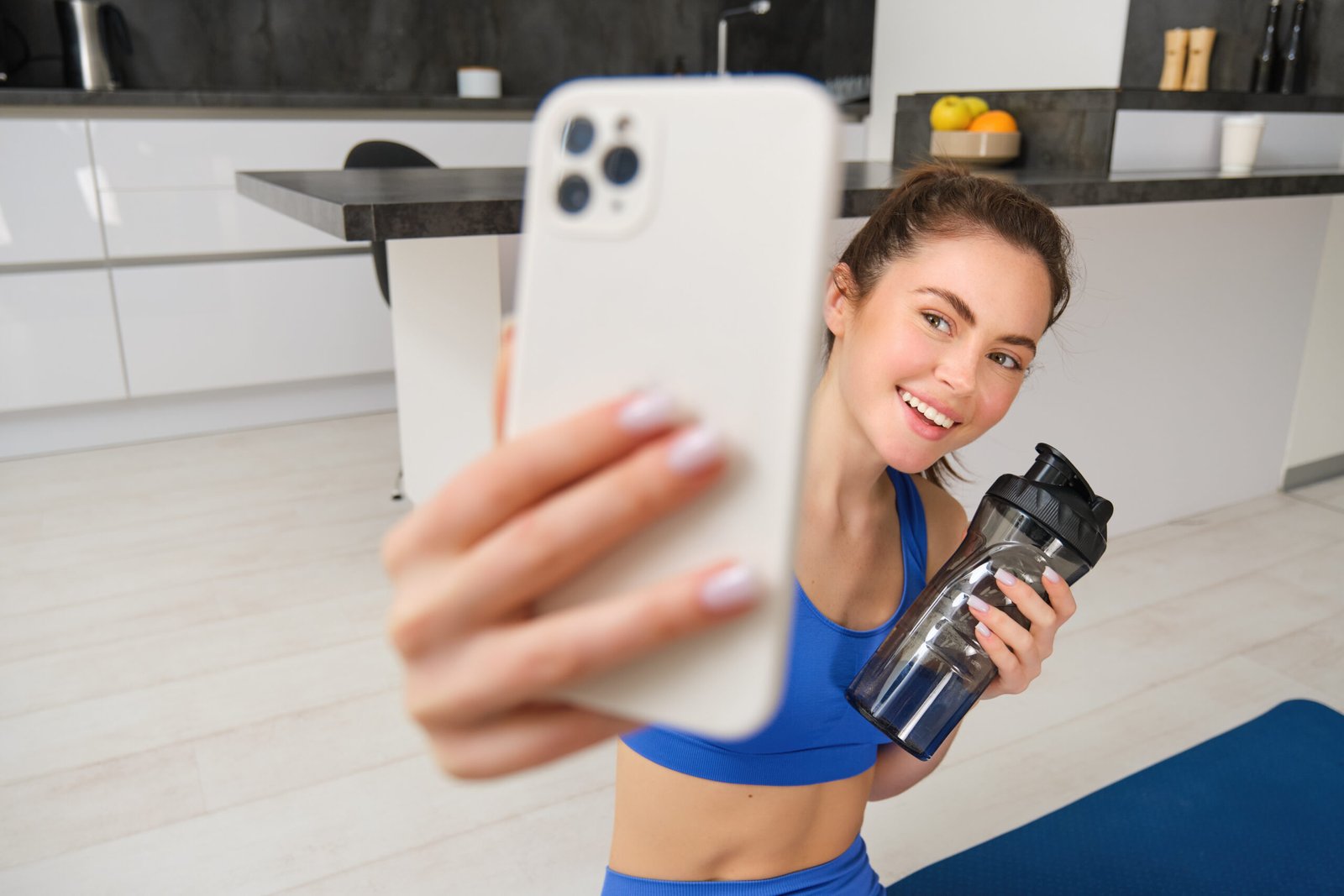
The Scientific and Regulatory Tightrope
This new paradigm is not without significant peril. The very nature of influencer content often blurs the line between anecdotal experience and evidence-based science.
- The Placebo Effect in the Wild: The enthusiastic, personal testimony of an influencer can powerfully induce a placebo effect in their audience. While real in its perceived benefits, this creates a feedback loop that can inflate a product’s efficacy beyond its scientifically validated bounds.
- The FDA and FTC Regulatory Gray Zone: The U.S. Food and Drug Administration (FDA) regulates supplements as a category of food, not drugs, meaning they cannot be marketed to treat or cure diseases. The Federal Trade Commission (FTC) mandates that material connections between advertisers and endorsers must be clearly disclosed (#ad, #sponsored). However, influencers frequently walk up to the line—or cross it—with claims like “This cured my brain fog” or “This supplement helped my anxiety,” effectively making illegal drug claims. Monitoring and enforcement across millions of posts remain a monumental challenge.
Check also: weight loss supplements – where to start
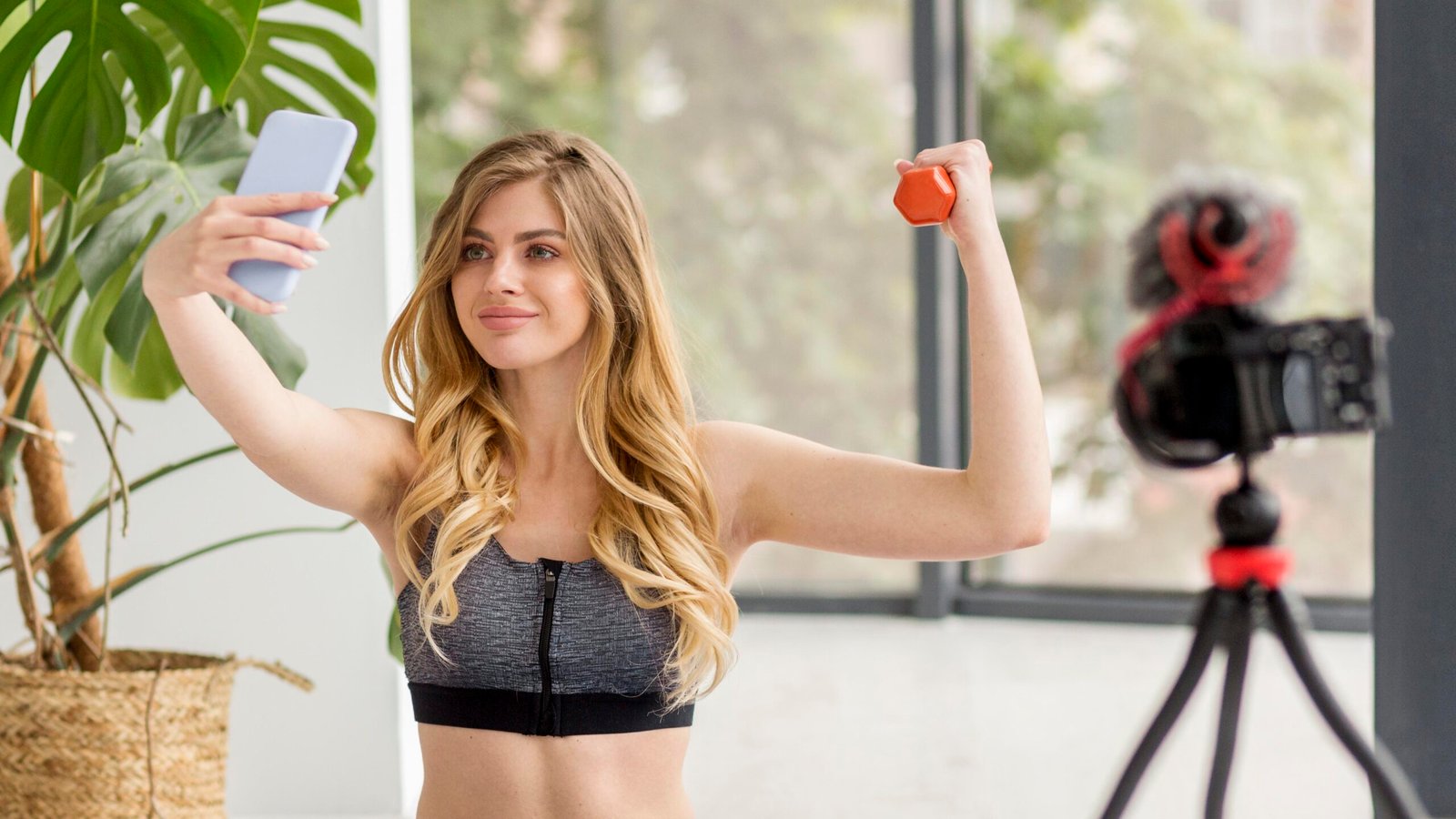
The Future Paradigm: Sustainability, Personalization, and Biometric Integration
The influencer-supplement nexus is evolving into a more sophisticated, data-rich ecosystem.
- The Rise of Credentialed Influencers: The next wave will be led by influencer-dietitians, naturopathic doctors, and PhDs in nutrition who can merge scientific authority with social media savvy. They offer a compelling compromise: evidence-based information delivered with relatable appeal.
- Hyper-Personalization and Nootropics: Influencers are driving demand for sophisticated, personalized stacks, particularly in the cognitive enhancement (nootropics) and hormonal health spaces. Content is shifting from “one-size-fits-all” to highly specific protocols based on genetics, biometrics, and lifestyle.
- Biometric Data as Content: The most advanced influencers are integrating wearable data (WHOOP, Oura Ring, continuous glucose monitors) into their supplement narratives. Showing a tangible improvement in HRV (Heart Rate Variability) or sleep depth after starting a new supplement provides a data point that resonates deeply with an increasingly savvy audience, adding a layer of “quantifiable” proof to their testimony.
Check also: Iherb – company profile
The Bridge from Bioavailability to Brand: Educating the Influencer Ecosystem
The sophisticated physiological concepts outlined in the first article—micronutrient synergy, targeted timing, and the nuanced role of antioxidants—present both a challenge and an opportunity within the influencer marketing paradigm. For influencer-driven brands, the key is translating this complex science into authentic, digestible content without losing scientific integrity or making unlawful health claims. This has given rise to a new tier of “credentialed influencers”—dietitians, naturopathic doctors, and PhDs in nutrition who merge scientific authority with social media savvy. Their content often includes deep dives into “why it works,” explaining mechanisms like how magnesium facilitates ATP production or the MTHFR gene mutation’s impact on folate metabolism. By empowering these influencers with accurate, science-backed information, responsible brands can elevate the conversation beyond anecdotal “this worked for me” testimonials and build a foundation of trust based on genuine education. This approach not only mitigates regulatory risk but also creates a more discerning and loyal consumer base that values understanding over hype.
Beyond the Flash Sale: Building Enduring Brand Equity in the Age of Influence
While a mega-influencer can trigger an immediate sell-out, the true future of supplement brands in this landscape lies in moving from transactional sponsorships to cultivating genuine, long-term partnerships. The most successful strategies now focus on micro-influencers (10k-100k followers), who boast engagement rates as high as 5-8%—far surpassing larger creators—because their recommendations are seen as highly authentic and trustworthy within a specific niche. This shift reflects a fundamental budget reallocation, where brands coordinate with numerous smaller, authentic voices instead of betting on a single celebrity. The goal is to foster a community where user-generated content (UGC) and honest reviews from genuine users act as powerful, ongoing social proof. For instance, campaigns that encourage influencers to integrate a supplement into their documented “morning routine” over months demonstrate consistent use and build a narrative of real-life integration, which is far more compelling than a one-off sponsored post. This strategy builds enduring brand equity, turning short-term buyers into long-term community members who trust the brand’s role in their holistic wellness journey.
A Symbiotic Relationship Demanding Ethical Vigilance
Influencer marketing has irrevocably shaped the supplement industry, creating a dynamic, responsive, and highly effective channel for growth. It has democratized health information while also creating a Wild West of anecdotal evidence and regulatory challenges.
For brands, the mandate is clear: partner transparently with influencers who genuinely align with your product’s validated benefits and invest in educating them on compliant communication. For consumers, the imperative is to practice media literacy—to view influencer content as a starting point for discovery, not the final word on efficacy. The future of supplements lies in a symbiotic relationship between authentic storytelling and rigorous science, where influence is not just measured in likes, but in legitimate, positive health outcomes.
The laboratory of public opinion is now hosted on Instagram and TikTok, and the experiment is ongoing. Our responsibility as researchers and marketers is to ensure its results are both profitable and ethical.
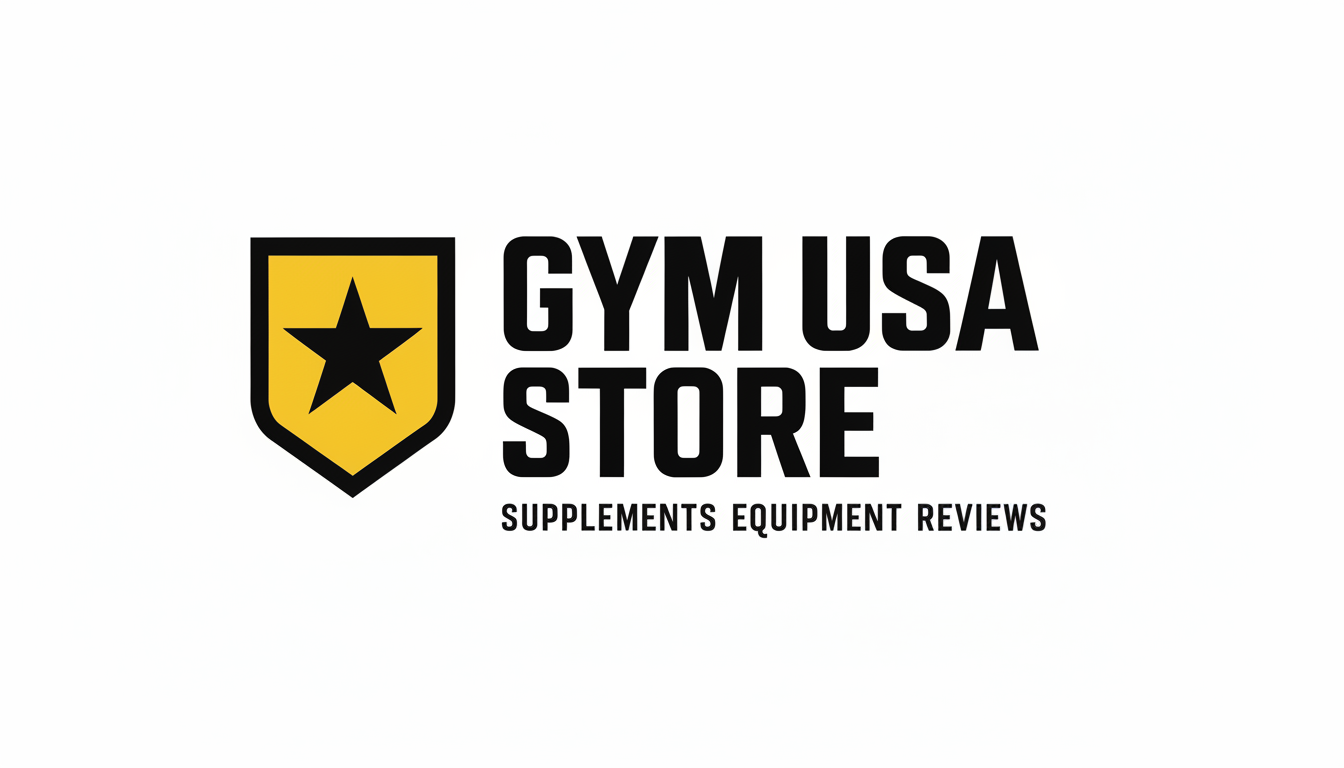
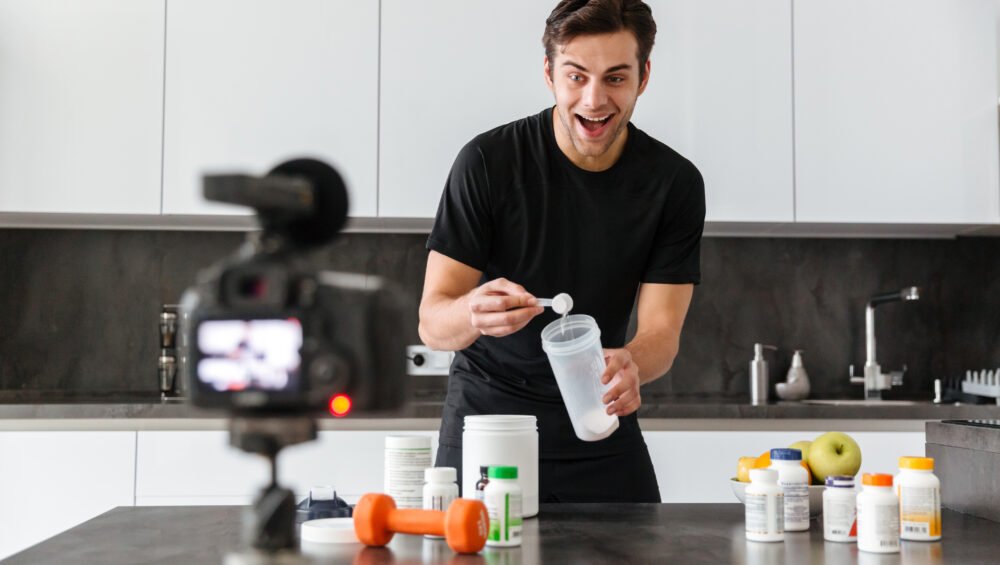
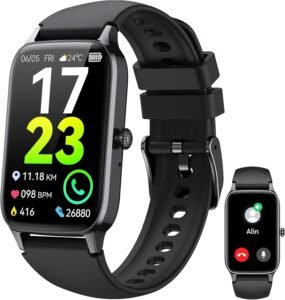




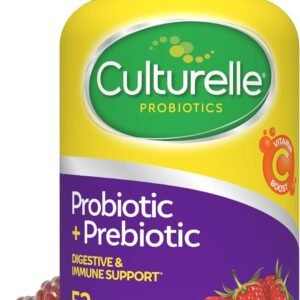










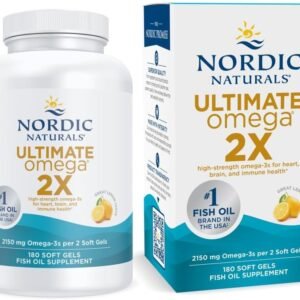



1 Comment
[…] Worth to read: How Influencers Are Shaping Supplement Sales in the U.S. […]